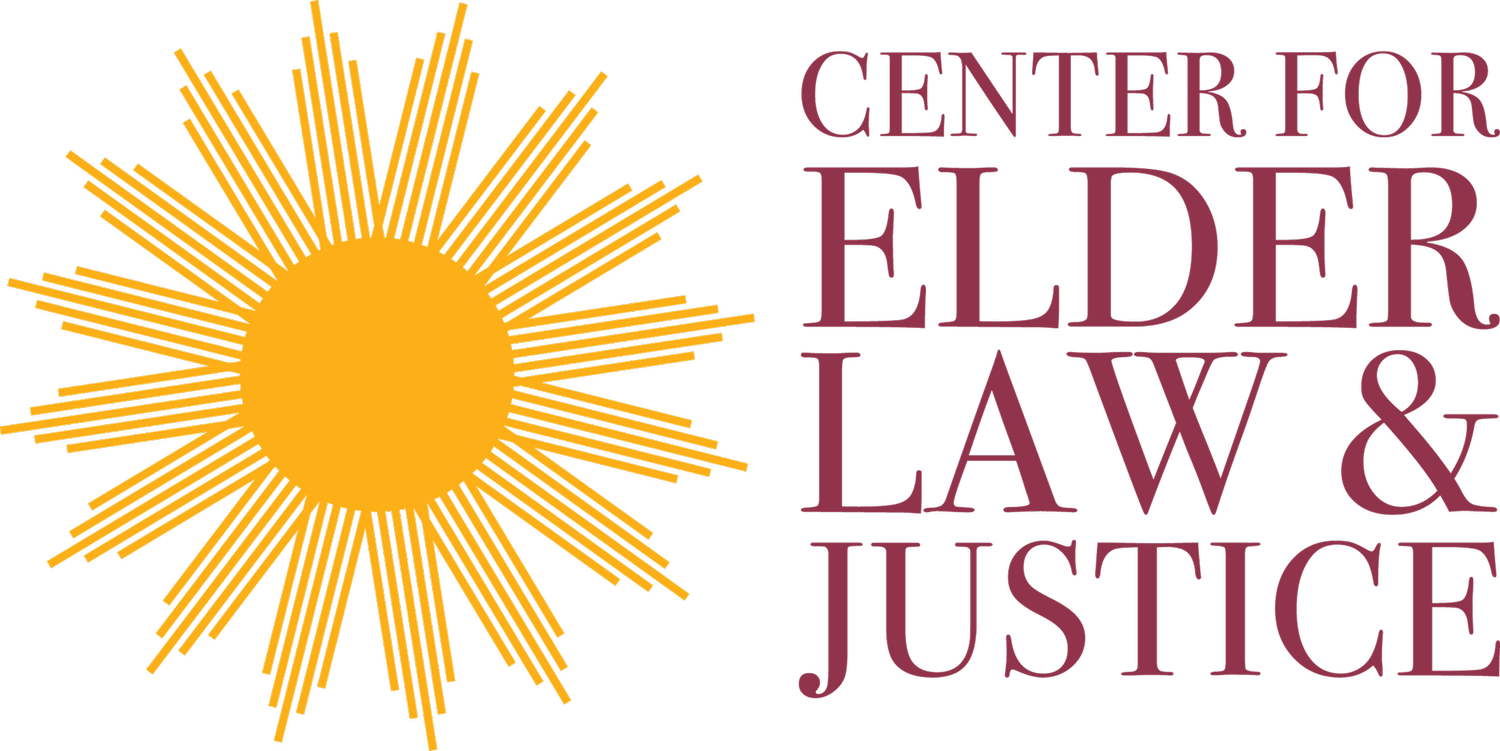RESIDENT RIGHTS WHEN A NURSING HOME IS CLOSING
Residents have rights when their nursing home is being closed. The below is meant to provide an overview of resident rights during the closure process and sources of help during this stressful time.
Access to the Long Term Care Ombudsman Program
The Ombudsman Program is an advocate and resource for persons who reside in nursing homes. During and after the closure of a nursing home Ombudsmen can:
• Help residents and their families understand their rights;
• Empower residents to speak up;
• Advocate for resident rights; and
• Investigate and resolve complaints made by or on behalf of residents.
Contact the Long Term Care Ombudsman Program at: (716) 817-9222
Resident Must be Able to Participate in Location of Transfer
Every resident has the right to have their needs, likes, and choices honored. Every resident’s plan for transfer to a new location must be tailored to their needs. This includes:
• Right to be fully informed of the available options for transfer;
• Assurances that they will be transferred to the most appropriate facility in accordance with resident needs and preferences;
• This includes other nursing homes, and possible other alternatives such as an adult care facility or a return to the community setting.
• Right to have all questions answered completely and in a way the resident can understand; and
• Right to be kept up to date of the facility’s efforts in finding an appropriate transfer location.
Every Resident Must be Prepared and Oriented for Transfer
The facility must prepare and orient all residents for transfer. This is to ensure the transfer is safe and orderly. The orientation must be provided in a form and manner that the resident can understand. This is important in order to minimize anxiety and reduce the likelihood of transfer trauma.
The form and manner of the orientation and preparation must be resident centered and consider factors that affect the resident’s ability to understand.
Documentation Must Transfer with the Resident
Information provided to receiving location must include a minimum of the following:
• Contact information of practitioner responsible for care of the resident;
• Resident representative information including contact information;
• Advance Directive information;
• All special instructions or precautions for care;
• Comprehensive care plan; and
• All other necessary information to ensure a safe and effective transition of care.
Right to File Complaints with the NYS Department of Health
During the closure process, the facility is required to abide by federal and state laws. If you feel your rights are being violated you may call the NYS Department of Health at 1-888-201-4563. The NYS Department of Health is required to investigate and respond to resident complaints.
The Center for Elder Law & Justice is available to help answer resident questions. For potential assistance, please contact us at (716) 853-3087. In addition, our free legal advice helpline can provide answers to brief legal questions to residents of New York State who are 55 or older. Call 1-844-0973 between 9am and 11am to reach an attorney directly, or call and leave a message. The helpline can also be contacted via email at helpline@elderjusticeny.org.
